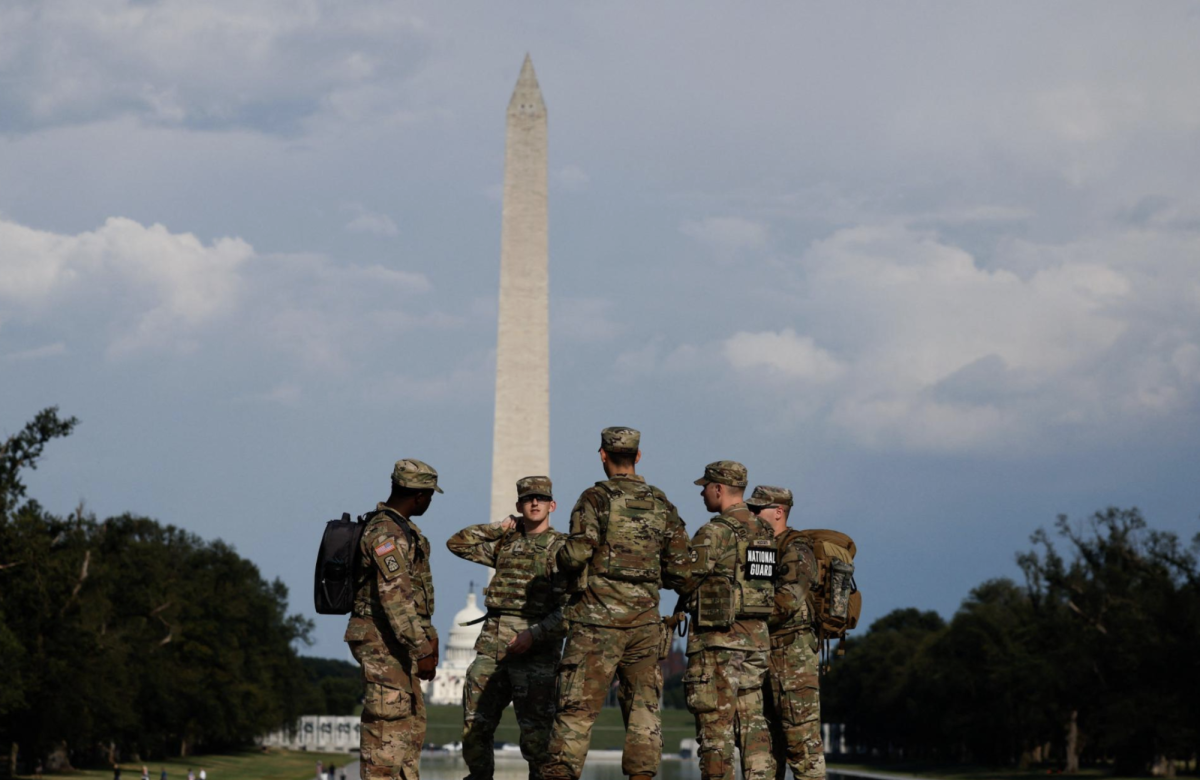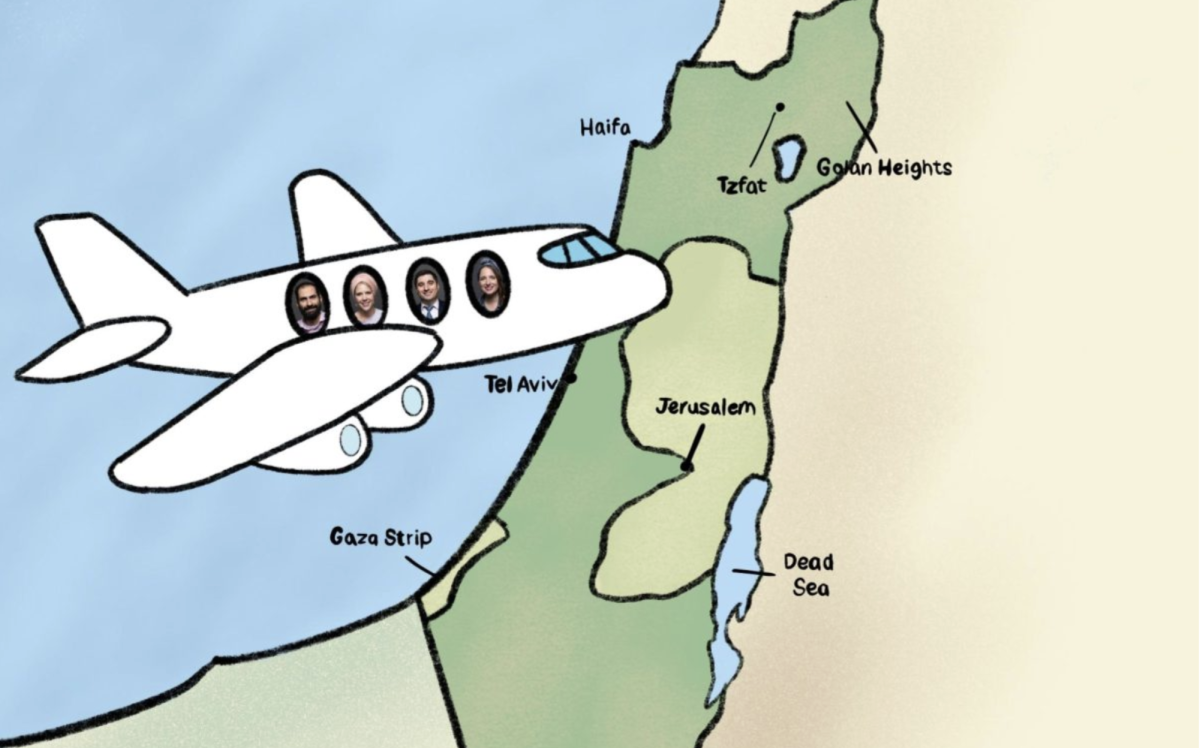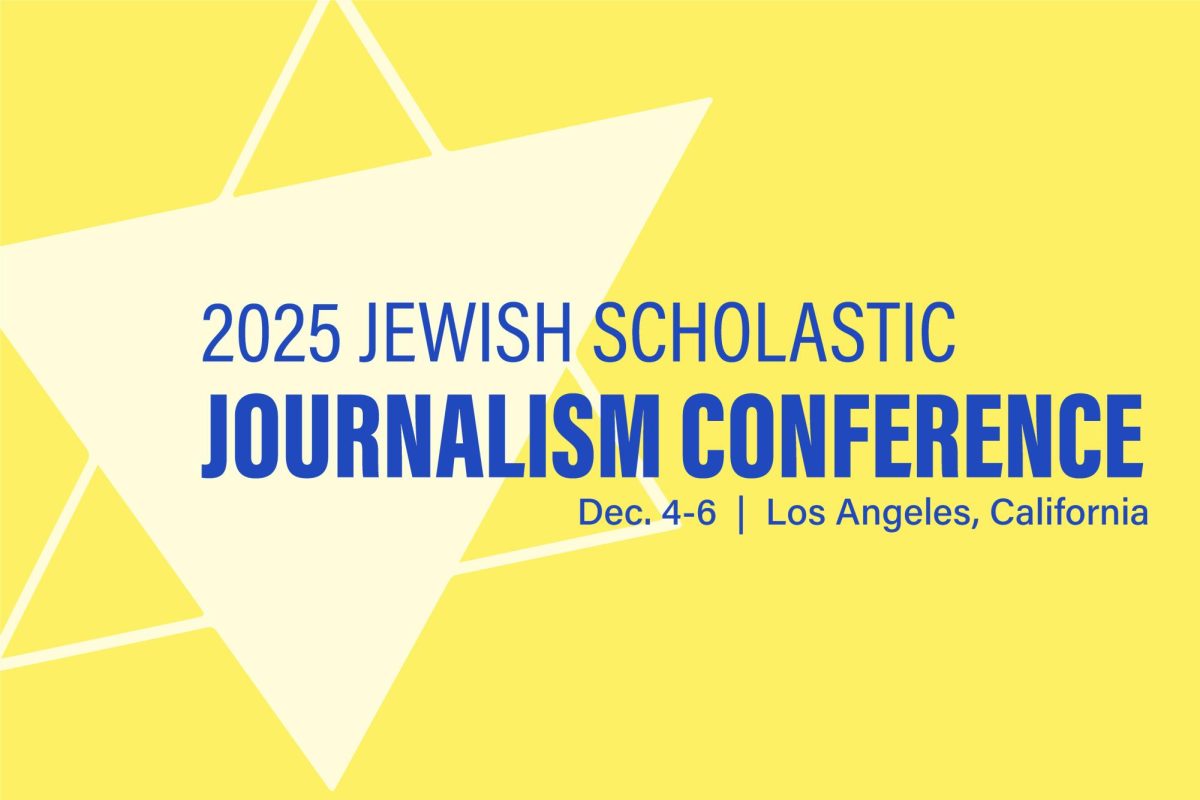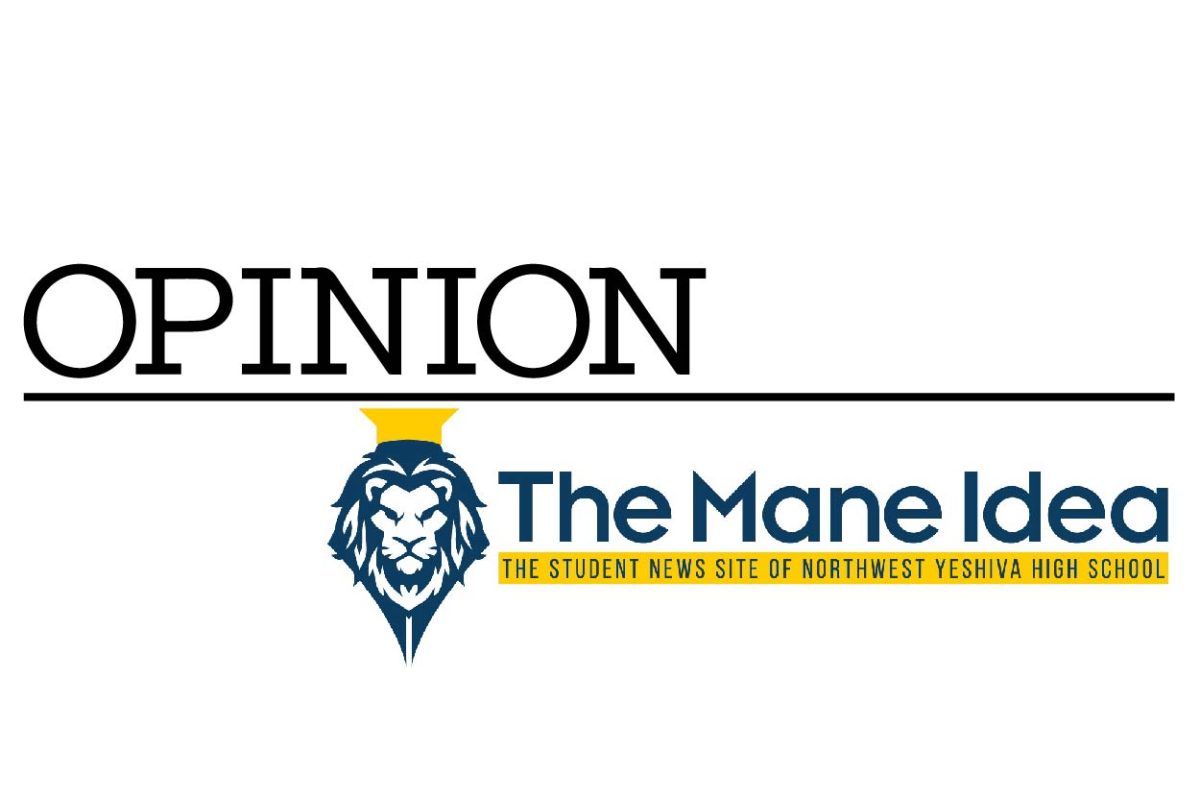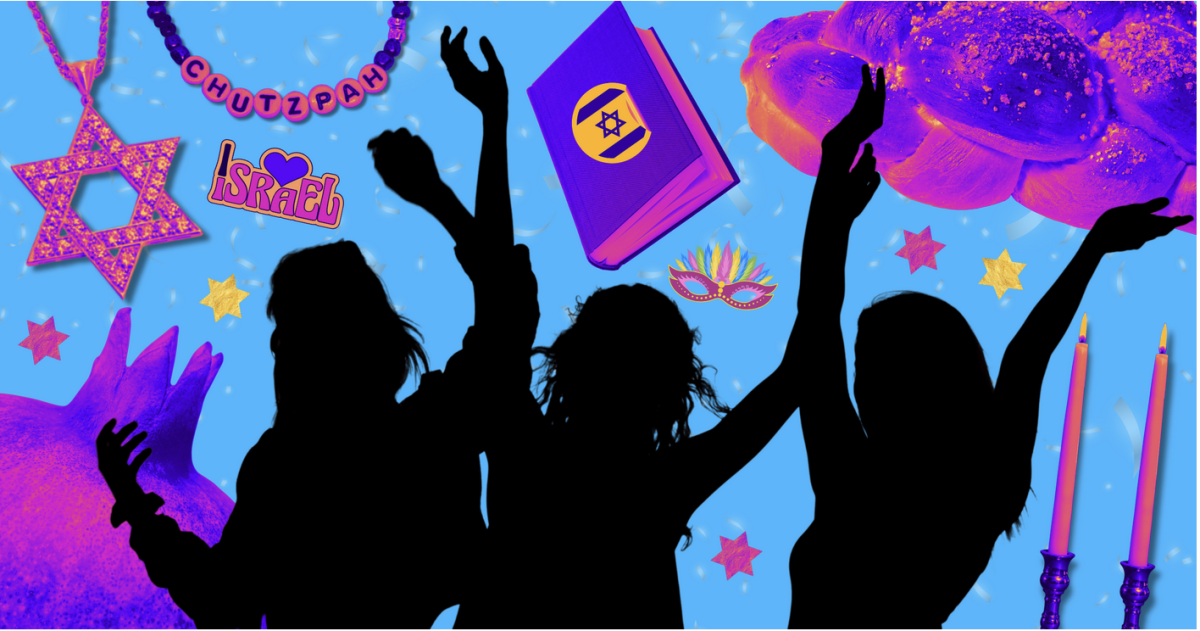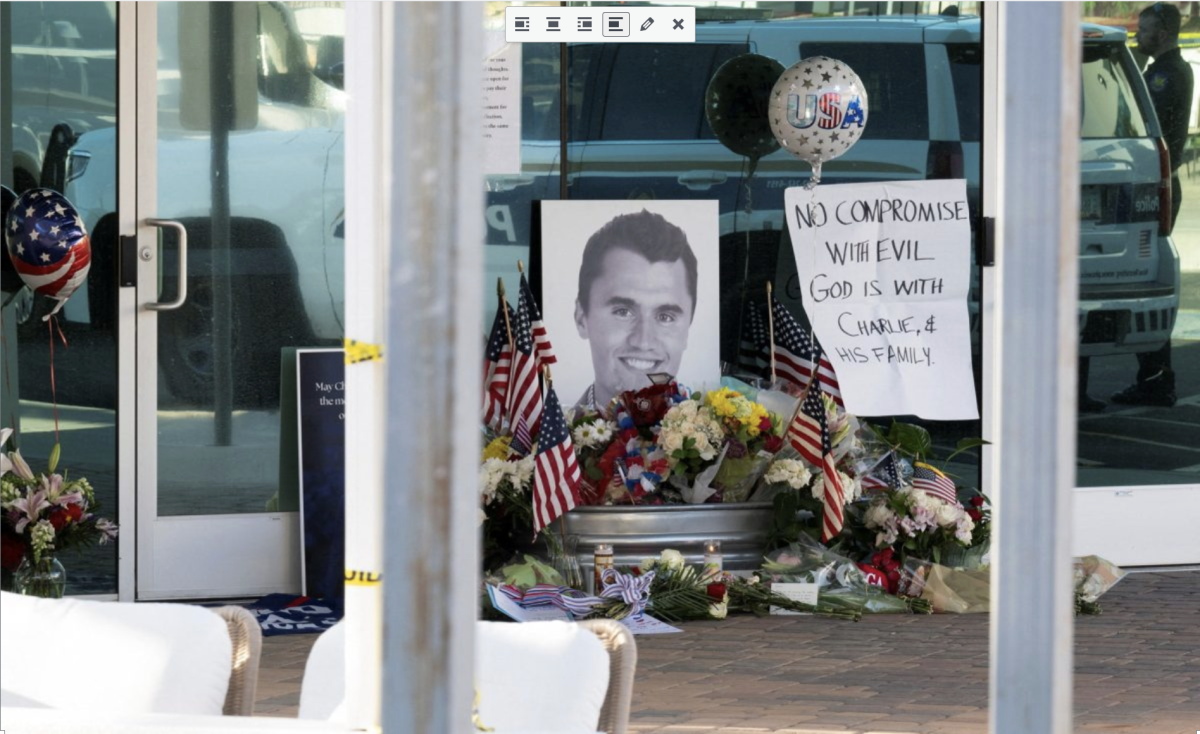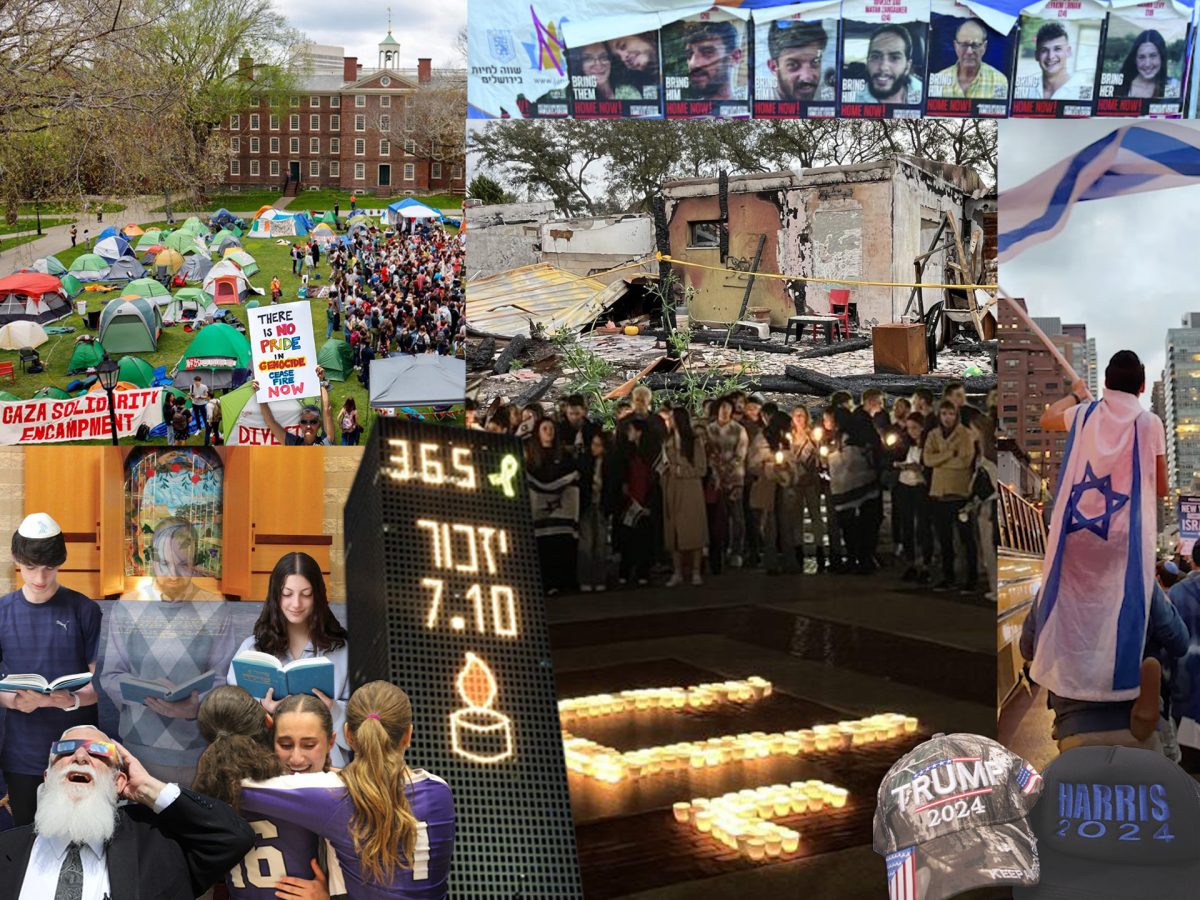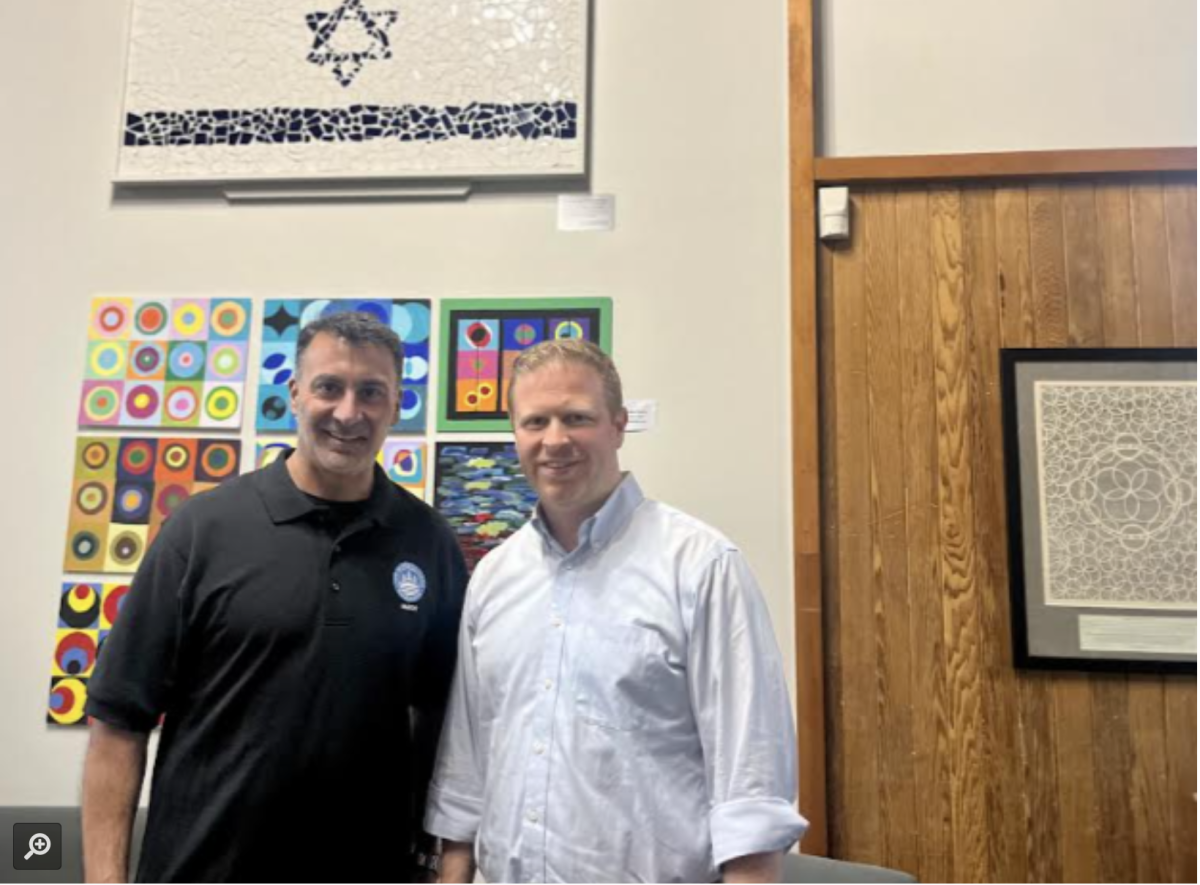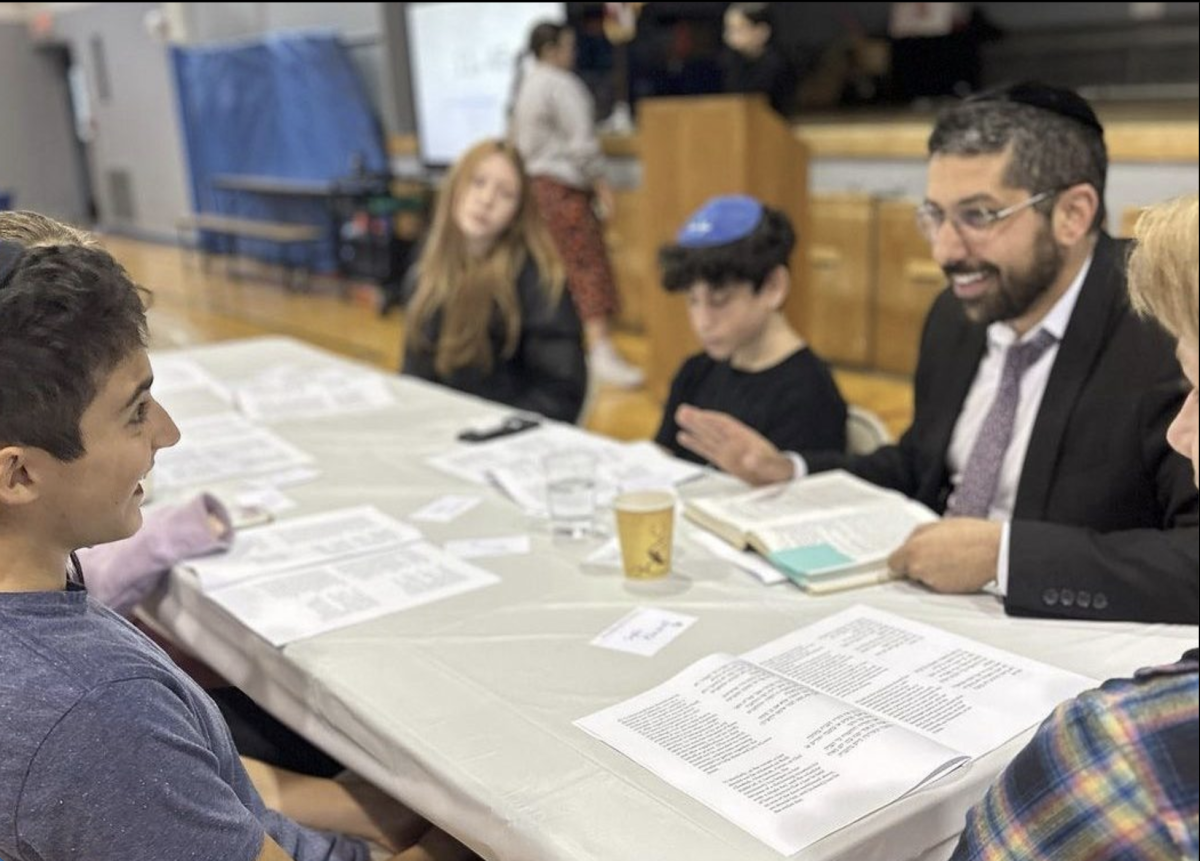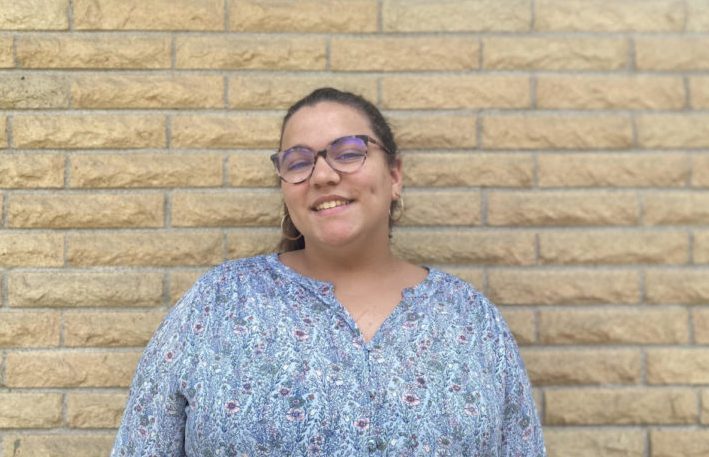NYHS alumni currently at colleges are struggling with the tsunami of antisemitism that followed the devastating attacks of October 7th. Mimi Broches, who graduated from NYHS in 2019, has witnessed this as she attends Columbia-JTS in New York City. Broches is a senior and is studying film, media, and Jewish texts. Before October 7, she believed most colleges were void of antisemitism.
“There were zero antisemitic incidents that seemed legitimate to me,” she said. When reading the document sent to Congress regarding the rise of antisemitism at Columbia, the two instances that were cited before October 7th did not seem like antisemitism to her. Additionally, she never encountered it personally before the attack.
However, after October 7, Broches changed her tune when the Columbia chapter of the Students for Justice in Palestine took to Instagram to announce they were coming back to the Columbia campus in honor of “the freedom fighters.” They added that they would be standing with Palestine against the “Israeli settler-colonialism and apartheid.”
“My friend had two cousins who were hostages. They were released in one of the hostage deals, but people [at Columbia] told him that his cousins were made up,” Broches said. “Instances like that made it abundantly clear to me that the Jewish voice was not being taken legitimately.”
Broches cited an instance at Columbia’s sister school, Barnard College, when an anonymous Israeli student was beaten with a stick outside the Butler Library on campus on October 12. The Israeli student confronted a young woman who was tearing down posters of Israeli children kidnapped by Hamas, which led to the attack. “It was things like the Israeli student being beaten with a stick outside the library, or my friend having a Magen David ripped off her neck during a protest,” said Broches.
The post-October 7 antisemitism is not exclusive to Columbia or Broches. Anna Jacoby, who graduated from NYHS in 2022 and is currently a rising junior at the University of Michigan, has also been experiencing antisemitism at her school. Before October 7, Jacoby never encountered antisemitism at Michigan. However, it got significantly worse after October 7. When walking to class, Jacoby often hears chants such as “resistance is justified when people are occupied” and “long live the intifada.” She also sees pro-Palestinian protests at least once a week and noted as the weather has become warmer, more protests have been happening. Additionally, Jacoby saw an encampment of anti-Israel Jewish protesters, donned with a sign that said “Jewish students say: Zionism is racism” and a Magen David painted in the colors of the Palestinian flag.
Broches and Jacoby are not the only students who feel differently about antisemitism in colleges after October 7. A survey posted by the Hillel and the Anti-Defamation League revealed that before the attack, 64 percent of Jewish students said they felt comfortable being openly Jewish. After October 7, that number fell to 39 percent. Additionally, 73 percent of Jewish students experienced or saw antisemitic incidents this school year, ranging from antisemitic vandalism to physical violence.
Students are also finding support from their campus Jewish organizations. “[The rallies and protests] you see on the news are real, but what you don’t see is that we have very strong Jewish community,” said Freshman Emma Almo, who graduated from NYHS in 2023 and goes to Barnard.
Thirty-two percent of Barnard is Jewish. To stay connected to her community, Almo attends Shacharit at 7 a.m. every day, which began on the first day of school when she wanted to make Jewish friends. Almo also participates in Wednesday night Torah learning hosted by the Hillel and has given divrei Torah there. “You never feel alone,” Almo said. “We’re very unified.”
Four hours away in Boston, NYHS alumna since 2021 and Brandeis University freshman Ella Endres is also receiving support from her Jewish community. Brandeis is very Jewish-oriented as the school was named after the first Jewish Supreme Court Justice and is thirty-five percent Jewish. Endres recounts how Brandeis sent her and other Jewish students to attend the November pro-Israel rally in Washington D.C. “I was able to take time off classes [to attend the D.C. rally],” Endres said. “It was great and made me feel a lot of comfort.”
Brandeis offers many Jewish programs that help Jews band together during this difficult time. Endres is on the board of Jewish feminists at Brandeis, attends Hillel events and is present at Friday night dinner and Shabbat lunch every week.
At the University of Michigan, Jacoby does not feel she has been experiencing explicit support. President Santa Ono has made statements condemning violent protesters, but Jacoby believes they have been ineffective. However, she is optimistic that the administration has been working behind the scenes. Non-Jewish students have also supported her, as they “just want to go to class without having to walk through a protest.”
Broches doesn’t think the administration is doing enough. According to Broches, a club on campus advertised an event by sending out fliers that read, “It’s Free Palestine over here. Zionists aren’t invited.” The administration suspended the student who started the club but did nothing to condemn the club. Broches receives the most support from non-Jewish students. For example, at a Students for Justice in Palestine protest, someone said “F the Jews” and the leader of the protest condemned that person and asked them to leave. “It’s a mixed response,” said Broches.
This story was published in The Mane Idea, Northwest Yeshiva High School, Mercer Island, Wash., on June 14, 2024.

